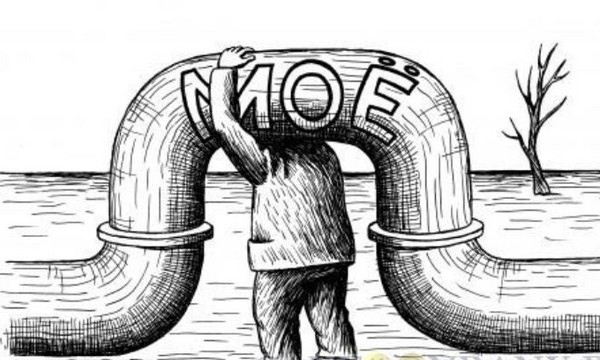Why is “Bashneft” taken from Yevtushenko?
When Russian businessman Levon Hayrapetyan was arrested, people in Armenia were saying that it is the result of Azerbaijani intrigues and a blow aimed against the people of Artsakh. When on similar (related to “Bashneft”) case, they began to prosecute Vladimir Yevtushenko, people here began to talk that the arrow is aimed against Robert Kocharyan. Whereas this, as well as “RUSNANO” company leadership’s prosecution has nothing to do with reality in Armenia, which, of course, does not mean that we should remain indifferent to the fate of our compatriot being in prison and having health problems. But the grounds of the events taking place in Russia’s economic, more precisely, “criminal-political-economic” life are apparent. They can be described in two words, property redistribution.
This way or another way, it occurs in all countries, it is clear that the property cannot forever be in the hand of one person, it could be sold, exchanged, the owner can go bankrupt and so on. Simply, in a country with state and legal established institutions, it occurs through market mechanisms and within the laws, while in Russia and countries like ours, through imperative mechanisms and explicit illegalities. In the post-Soviet, as well as, let’s say, African or Latin American countries, property redistribution is conducted in two cases. The first is more or less “routine” when a change of government occurs. For instance, in early 90s when the property passed from the Communist business communities to a new, “democratic” business communities.
Usually, during such processes it is impossible to escape the gunfire. Something like this happened a few times in Armenia, and it is impossible to insist that the new property owners treat the former ones too “candidly”. However, the redistribution, which is now happening in Russia, is not due to change of government. The reason is sadder for Russia and thus also for us: the economic downturn, which Russian economists mildly call it a “recession.” In fact, the “recession” has begun prior to having problems with the West and the sanctions (see Economic Development Minister Alexey Ulyukaev’s speeches in 2012-2013) and is due to exclusively gas and oil “orientation” of the country’s economy.
Under the economic downturn, the government has a problem of concentrating the property in its hands, the Russian population, which is in euphoria of “military victories”, sooner or later, would revolt because of decline of its revenues, whereas the classes of the elite, whose loyalty could be bought, will become less loyal, because the “money for buying” has become less.
In the countries like ours, there are different motivations to be loyal to the elite, the government, and, consequently, different degrees. “Non-loyalty” is excluded, for this very reason they took away Mikhail Khodorkovsky’s “Yukos” without thinking a second, and threw the businessman into the prison. But loyalty can have different reasons. You are loyal because you were not obstacle to become rich (the first degree), you are loyal, because you have become rich thanks to the “patron” by “sharing the business” with him (second degree), you are loyal, because if your “patron” withdraws from the government, you’re very likely to appear behind the bars (the third, the highest degree). In Russia, the situation is such that the government needs the third degree loyalty. This is the reason why the “Bashneft” is taken away from Yevtushenko, and similar events would be much more in Russia in the near future.
It is also clear that such redistribution is having a strong negative impact on the investment, which aggravates the economic crisis and will put forward the need for new redistributions. The circle is closed.
ARAM ABRAHAMYAN

























































